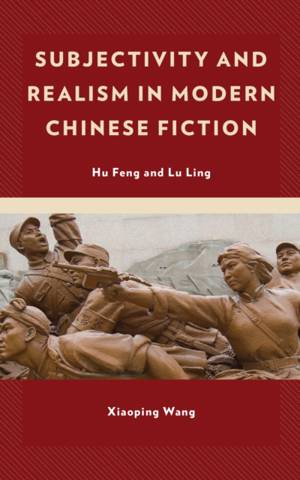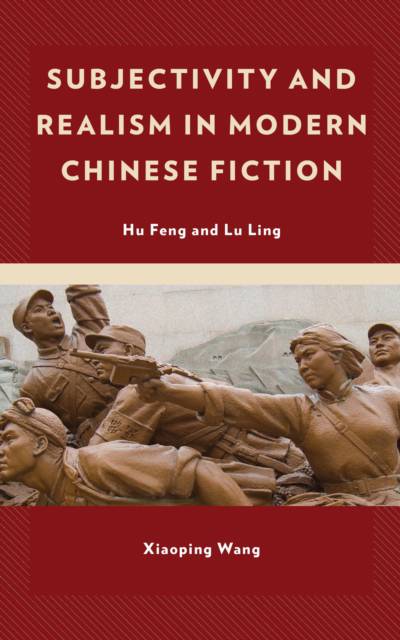
- Afhalen na 1 uur in een winkel met voorraad
- Gratis thuislevering in België vanaf € 30
- Ruim aanbod met 7 miljoen producten
- Afhalen na 1 uur in een winkel met voorraad
- Gratis thuislevering in België vanaf € 30
- Ruim aanbod met 7 miljoen producten
Zoeken
Subjectivity and Realism in Modern Chinese Fiction
Hu Feng and Lu Ling
Xiaoping Wang
Hardcover | Engels
€ 195,45
+ 390 punten
Omschrijving
This book provides a reexamination of the debates between Hu Feng, Lu Ling, and other Chinese left-wing theorists from a cultural-political perspective. The author argues that individualism should be understood within changing historical contexts and that subjectivity should be treated as class-based and derived from collective community.
Specificaties
Betrokkenen
- Auteur(s):
- Uitgeverij:
Inhoud
- Aantal bladzijden:
- 236
- Taal:
- Engels
Eigenschappen
- Productcode (EAN):
- 9781498566193
- Verschijningsdatum:
- 14/03/2022
- Uitvoering:
- Hardcover
- Formaat:
- Genaaid
- Afmetingen:
- 152 mm x 229 mm
- Gewicht:
- 485 g

Alleen bij Standaard Boekhandel
+ 390 punten op je klantenkaart van Standaard Boekhandel
Beoordelingen
We publiceren alleen reviews die voldoen aan de voorwaarden voor reviews. Bekijk onze voorwaarden voor reviews.







